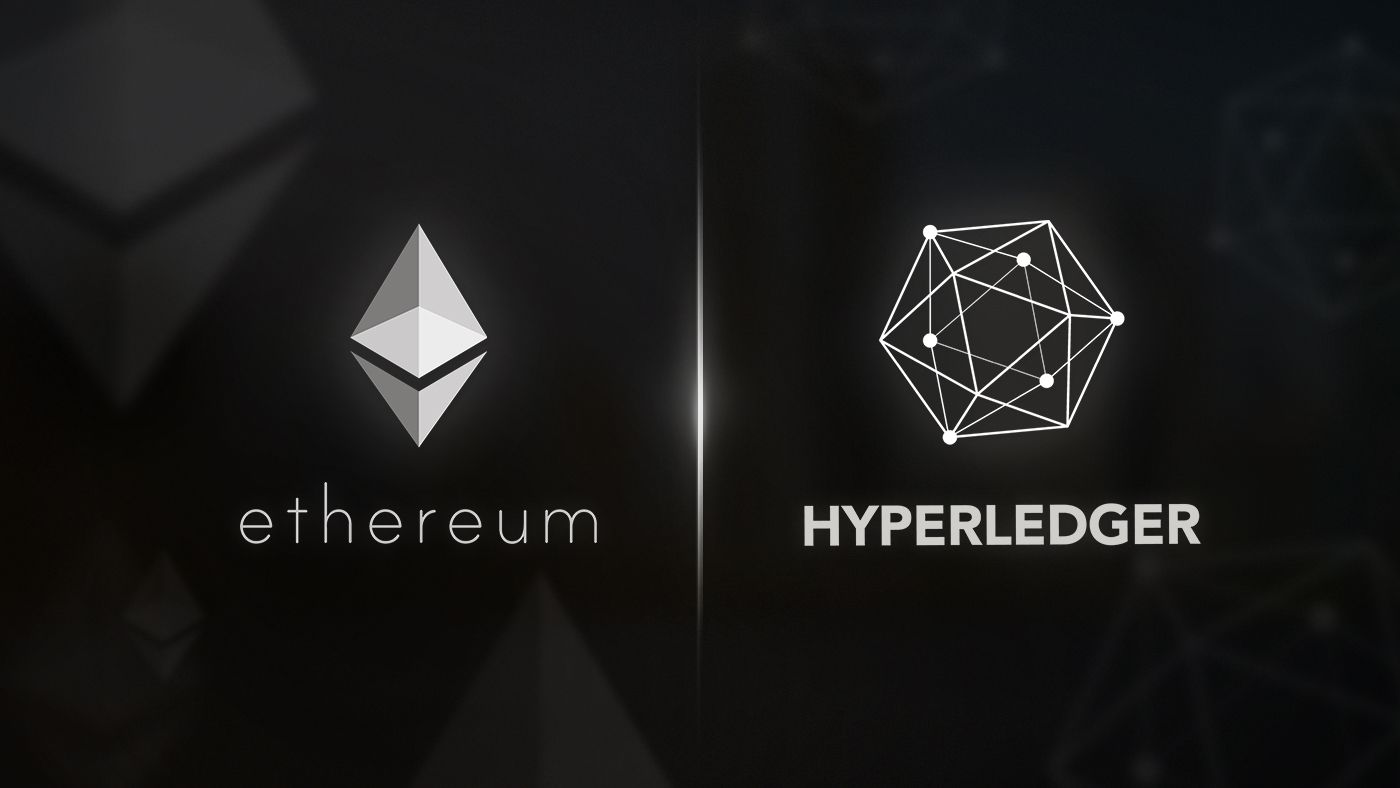Blockchain – From Hype to Mainstream
Blockchain initially developed for maintaining bitcoin transactions, now has applications beyond cryptocurrencies, and is redefining electronic transactions.
What Is Blockchain?
Imagine a distributed data store shared among a peer-to-peer network, with built-in security and integrity, and where trust is enforced by consensus among the participants.
Information or transactions are shared among the parties such that every party gets a copy of the centrally stored information. No one owns the information, but everyone can access it. When someone makes a change to an existing transaction, everyone has to verify and accept the change. Every block is secured with a combination of keys and hashes. It eliminates the need for a third-party to maintain trust. This is the core principle of blockchain technology.
Blockchain also supports smart contracts, which is a digitized version of a traditional contract. These smart contracts are programmed to self-execute when pre-defined conditions are met.

Ethereum and Hyperledger are the 2 popular open-source blockchain platforms. IBM Bluemix based on Hyperledger and Microsoft Azure BaaS (Blockchain-as-a-Service) based on Ethereum, are two commercial blockchain platforms for business.
What Are the Use Cases for Blockchain?
It has applications in healthcare, banking, insurance, retail, education, government, real estate, and anti-money laundering tracking systems.
Blockchain will work well in collaborative economies or share economies like Uber or Airbnb where the resources are shared across a closed group. There is an app called OpenBazaar that lets you trade transparently without any transaction fee. Since it is all transparent, the individual users will be more careful about their reputation management.
Blockchain will be a perfect solution for crowdfunding projects since the transparency in handling funds will prove to be an asset and will be less prone to fraud.
The healthcare industry can use blockchain to store patient records. This would be an efficient way to centralize and distribute the patient information which can be used by the patient, doctors, pharmacies, and the insurance companies. It will be the most transparent and yet secure way to store patient information.
Supply chains will also benefit from blockchain technology. With distributed ledgers, the customers will have a better idea about the stock being transacted.
Blockchain can be used in insurance claim processing, and in sharing healthcare data with hospitals and insurance companies. The speed and accuracy of blockchain services will ensure that there are lower health insurance costs for customers
Leveraging Blockchain's Power: Enhancing AML Tracking
Anti-money laundering (AML) tracking systems can also use blockchain to detect fraud. The blockchain systems can be programed to recognize suspicious transactions and flag them, which is far far easier than manually tracking individual transactions and checking them.
The music industry too is looking at utilizing blockchain technology to create smart contracts and divide revenue according to pre-determined licensing agreements.
Blockchain can be used in the real estate industry to enforce transparency in transactions. With the amount of paperwork involved in the sale of a property, it is relatively easy to find methods to commit fraud. Integrating blockchain reduces the need for paper-records and improves efficiency and subsequently reduces transactional costs.
Just imagine if all those government records are stored using blockchain technology? Tough to crack and quite transparent! All authorized people can access it and modifications can be done only with the concurrence of authorized parties. The non-secured information can even be shared with the public which will make the governance smooth and transparent.
Intellectual property violations are quite high these days. Because there’s a large volume of information available on the internet, it takes a while even to realize that the violation has even happened! With blockchain technology, details regarding copyright and content’s intellectual property can be put as smart contracts. This way, more people will be aware of the copyright and violations can be detected faster.
Property titles can also be handled with blockchain technology. The real estate brokers, the mortgage institutions, the sellers, and buyers can all save themselves from fraud if property registrations are done using blockchain.
Blockchain technology can be used further in data management, KYC, stock trading, energy grids, and more. This technology can even evolve to be an added layer to the internet. The financial services may find this as disruptive technology as Blockchain and bitcoin together challenge the existing money system.
#Who is threatened by Blockchain technology?
The fraudsters! They are the most threatened as this technology is very difficult to bust. Transparency, time-stamping, and majority approval for the change, make it very difficult for hackers to manipulate the system.
Financial institutions may also feel threatened, but the same technology can help them function more transparently, gaining customers’ trust and loyalty.
The brokers and agents may also find it threatening since transparency will expose who’s getting what and from whom! The intermediaries may lose their business because of transparency as the vendors can directly deal with the businesses they serve.
Zerone develops bespoke software solutions carefully customized for the needs of our clients. Employ our expertise when implementing the necessary blockchain infrastructure with your existing systems. Talk to an expert today.
We can help!



